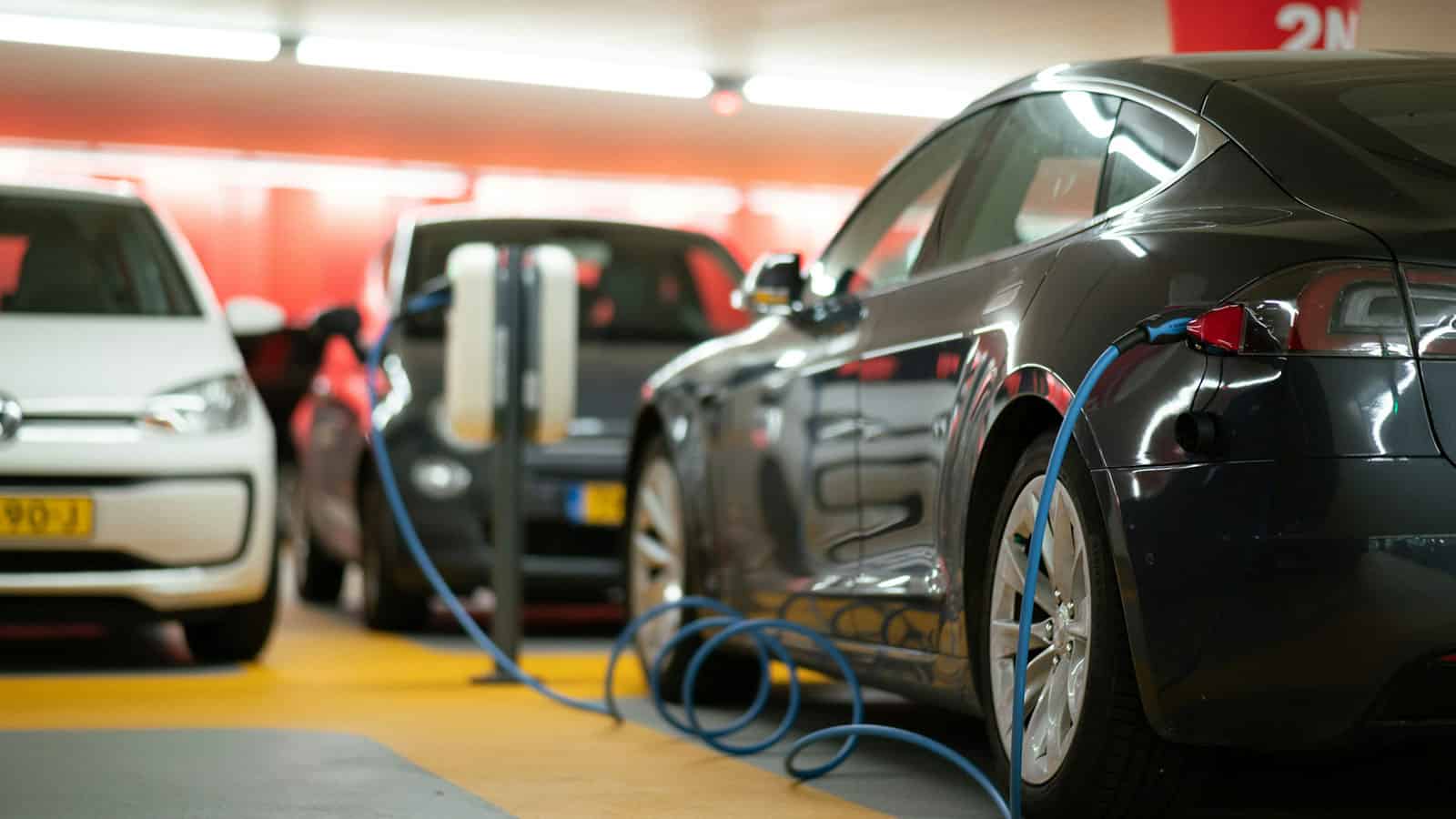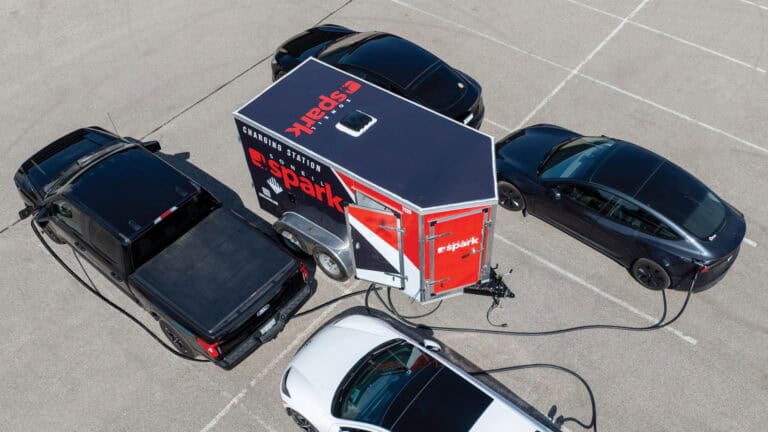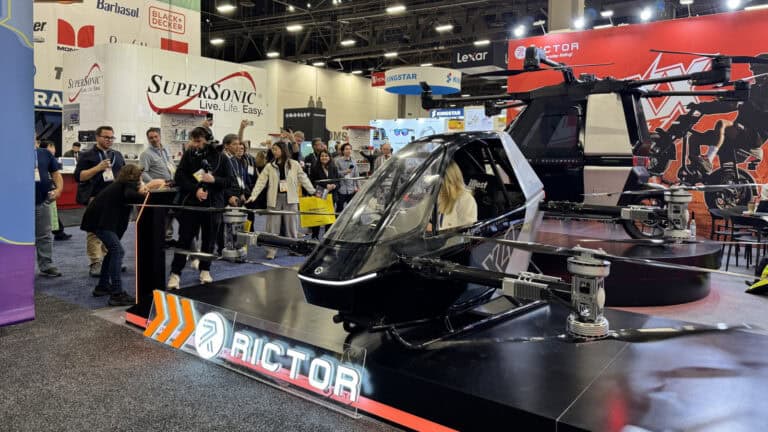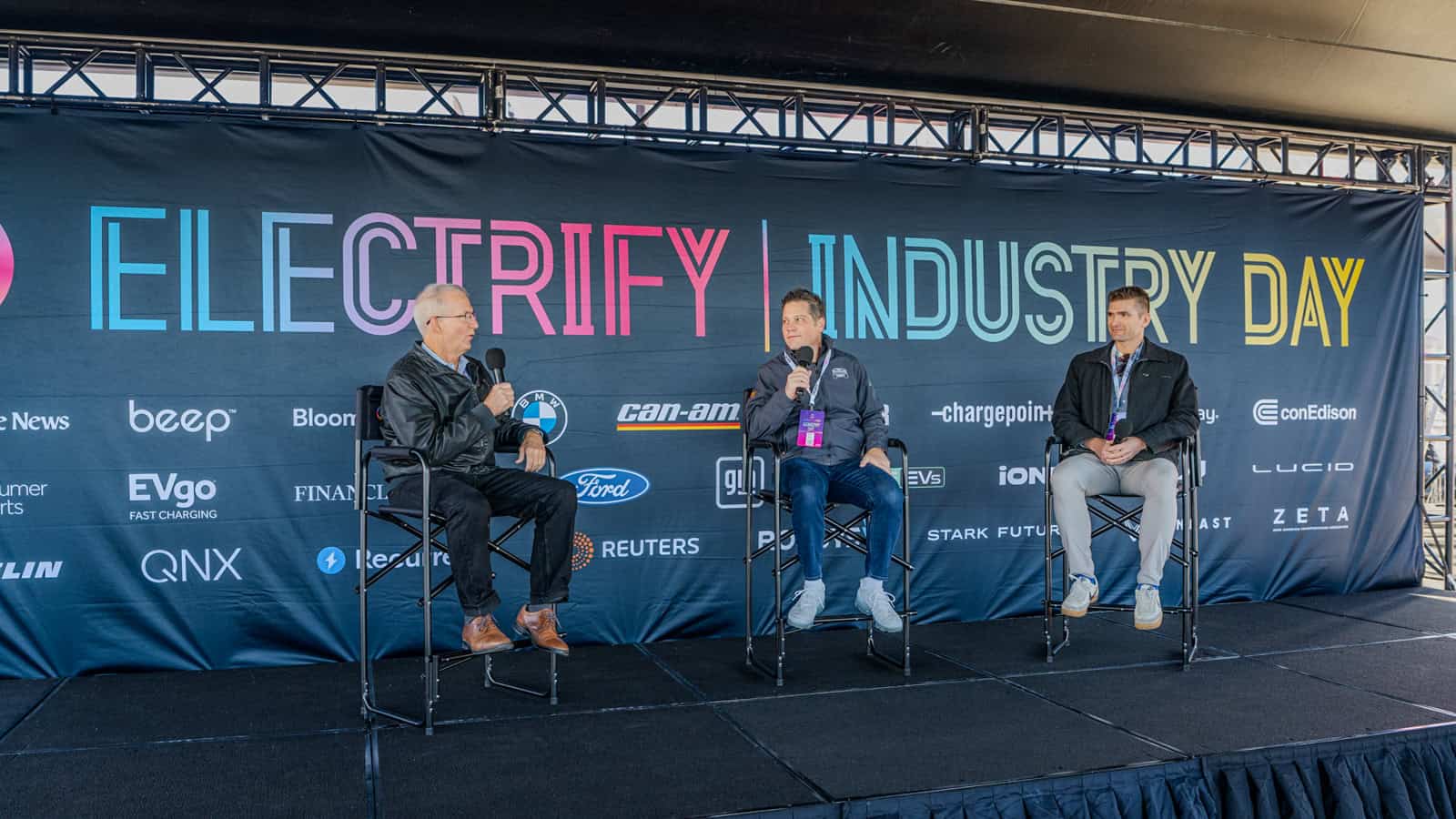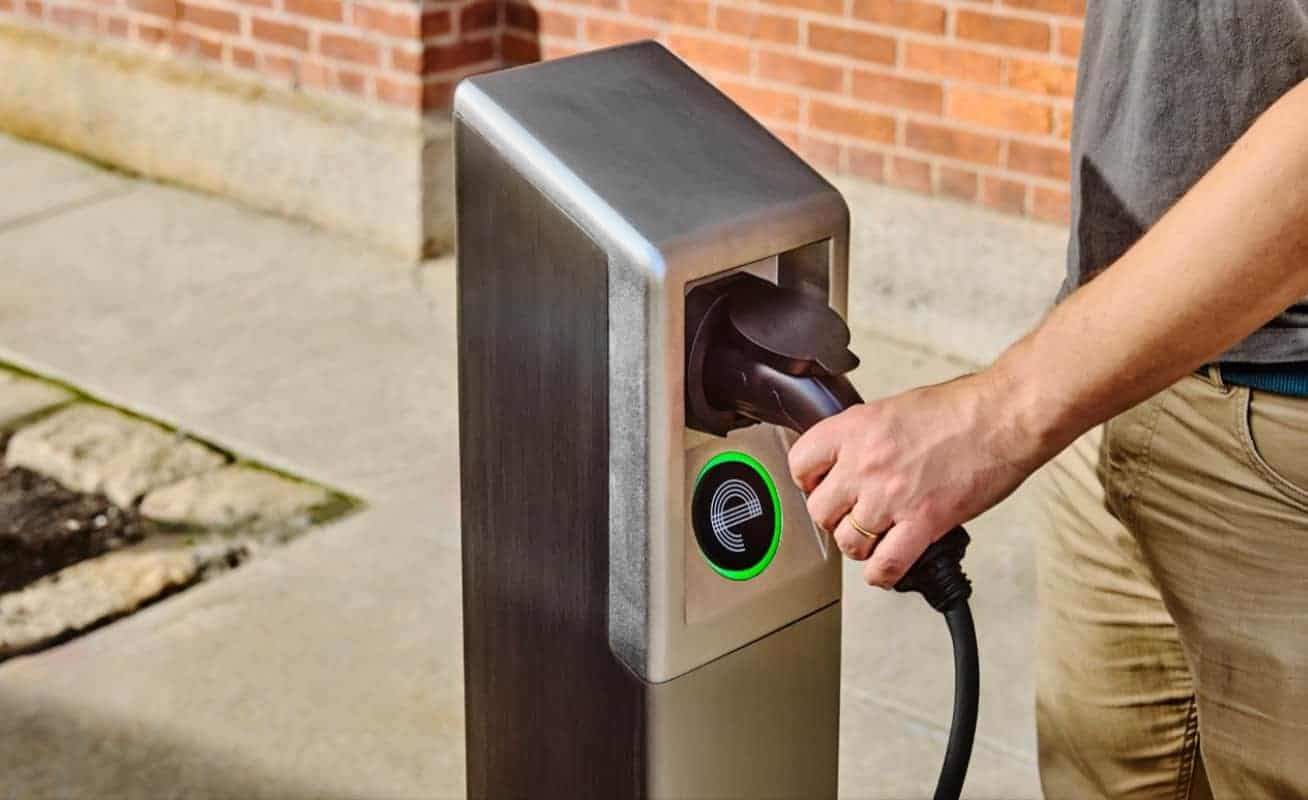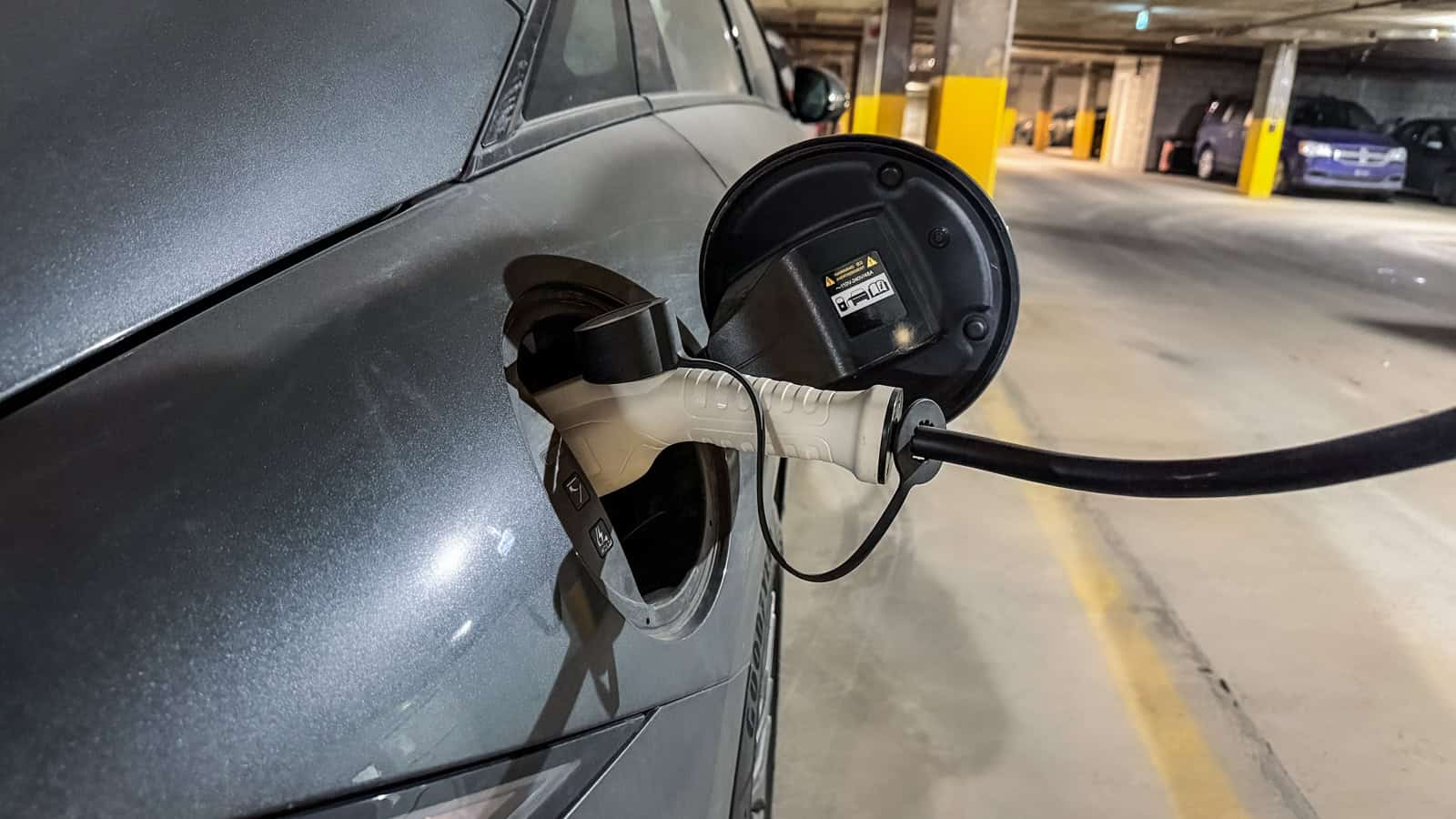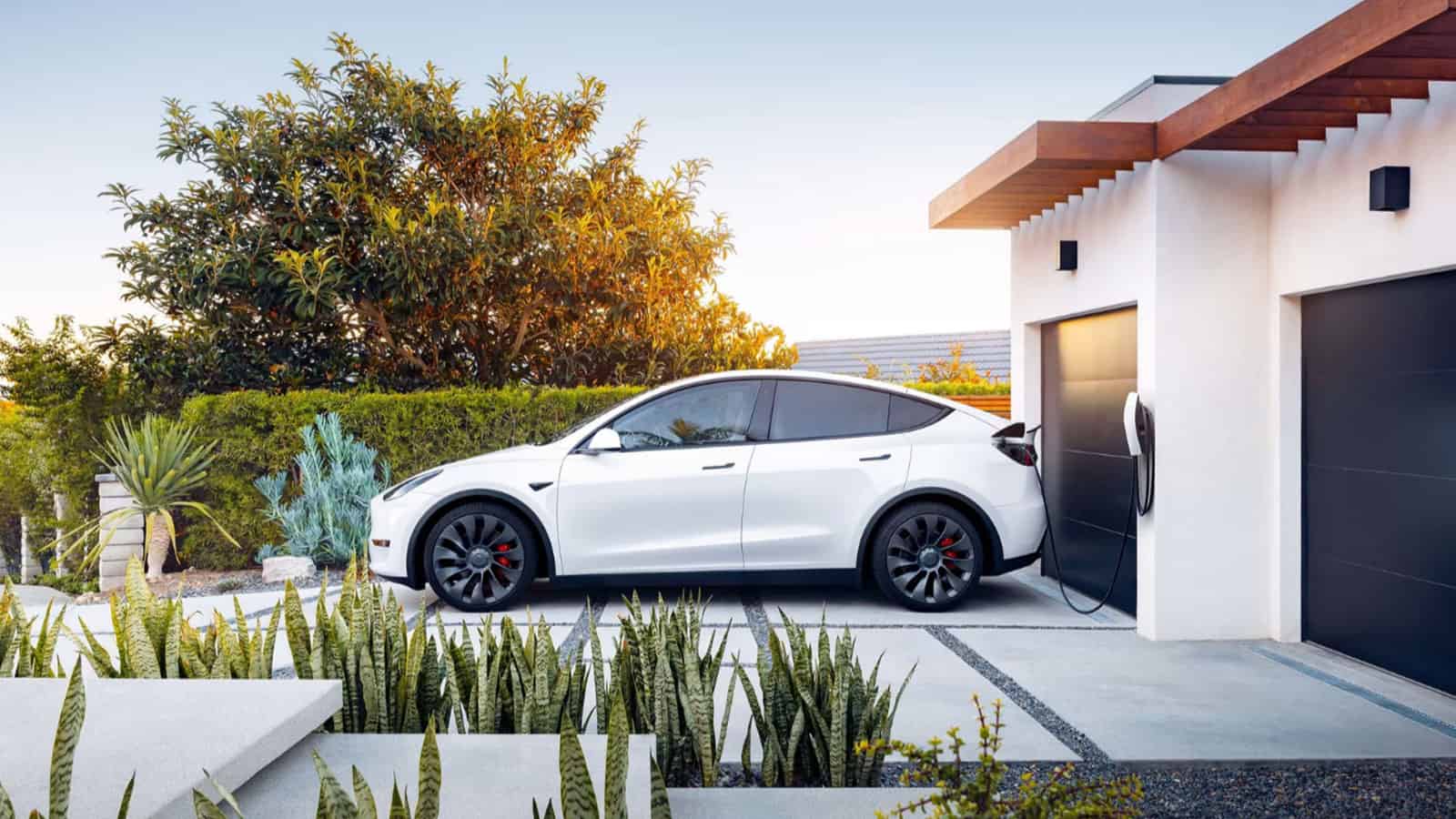- Charging-as-a-service firm Invisible Urban Charging and real estate services firm CBRE have partnered to add 1 million EV chargers.
- Demand for adding EV chargers to commercial buildings is growing fast.
- Real estate services firms have added entire divisions specializing in end-to-end help adding EV infrastructure to commercial real estate.
Demand for electric vehicles is waning, right? Tell that to the more than 30,000 commercial real estate sites looking to have EV chargers installed in a database maintained by real estate services firm CBRE Group.
ADVERTISEMENT
Commercial real estate is planning for a future with a growing EV market, and having EV chargers adds value to a commercial property, real estate developers figure. Advising those developers is a growing business line for CBRE, and it sees that the future is electric.
“You hear about a slowdown in EV sales,” Jim Hurless, CBRE’s Global Real Estate Leader, Electric Vehicle Infrastructure, told Electrify News in an interview. “Well, regardless, alternative fuels and low carbon fuels are the future, and it is going to happen.”
Invisible Urban Charging and Charging as a Service
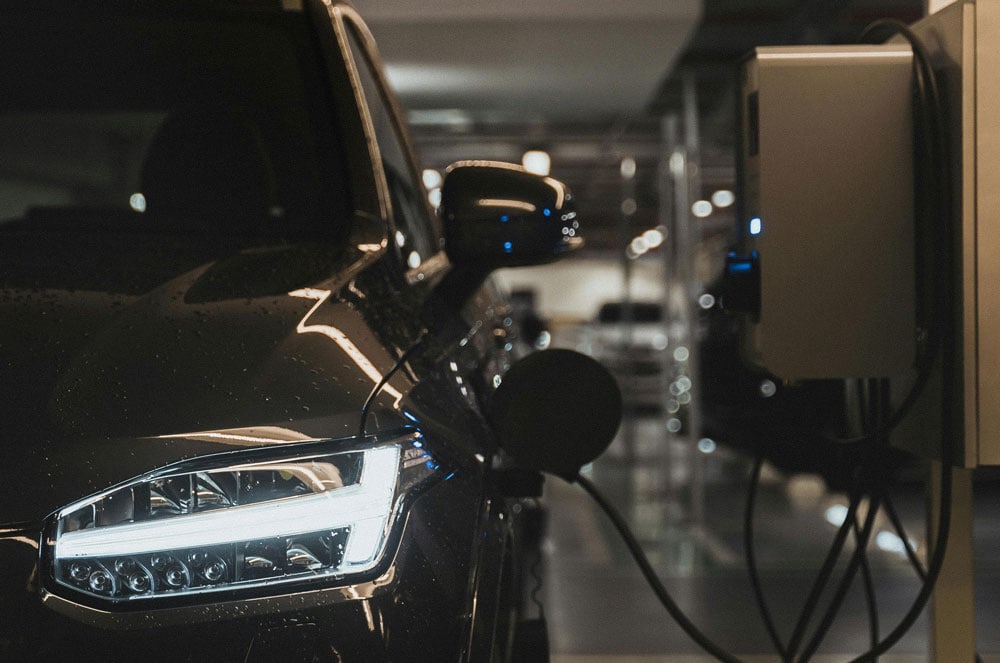
The addition of EV chargers to commercial real estate is happening in a big way, and nothing illustrates that more clearly than Invisible Urban Charging’s announcement that it will partner with CBRE to add 1 million EV chargers over the next five years.
In the partnership, CBRE will provide site selection (remember that 30,000+ sites database?), installation, and ongoing maintenance. Invisible Urban Charging (IUC) will provide the all-important funding and select the charging hardware provider. Its app provides real-time info on charger status and usage.
“We only work with high quality hardware; it is not in our interest to roll out cheap hardware,” IUC co-founder and CEO Nigel Broomhall told Electrify News in an interview.
“We guarantee an uptime of 95% of total hours in a given month” during operating hours, he added.
The idea for IUC, founded in 2019, was born because corner clients in commercial buildings “are having to do more sustainability reporting,” Broomhall said. Also, “the younger generation coming through is creating a demand for adding EV chargers. They see it as important.”
ADVERTISEMENT
CBRE Group Drives EV Adoption
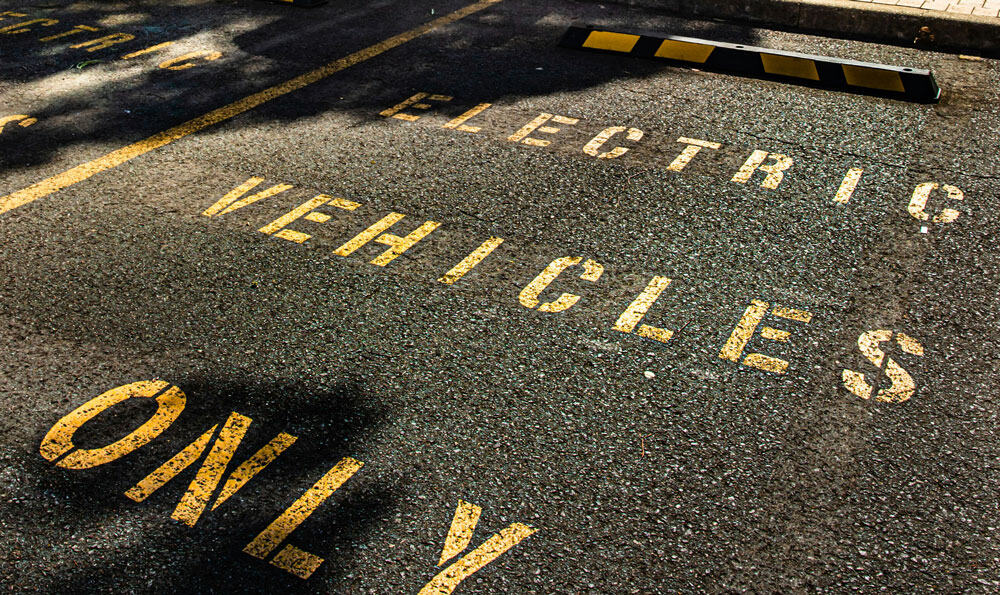
As a small startup, albeit one that has already landed some big contracts by partnering with real estate services firms such as CBRE, IUC is “outsourcing the identification of real estate, the securing of the real estate, the project management, and the operations and maintenance,” Hurless said.
With an entire electric vehicle charging solutions division devoted to helping its commercial clients install EV charging, CBRE is doing its part to convince more consumers to buy EVs by reducing the fear of not finding charging, a major barrier to EV adoption.
“CBRE is uniquely positioned to be an integral component to drive EV adoption through identifying the right locations, installing EV infrastructure, and ensuring the equipment is operational on a global scale,” Hurless, who also spoke with Electrify News in a podcast, said.
It helps its commercial real estate clients determine if owning the EV infrastructure themselves or working with a third-party provider such as Invisible Urban Charging is the best business model.
If CBRE determines the client is best off working with a third-party provider, it matches with the right EV infrastructure operator (most specialize in areas such as medical facilities, office buildings, multi-family housing markets, and the like) and negotiates on behalf of the third-party provider.
Business is growing “significantly,” Hurless said. CBRE is targeting revenue from the EV division of $1 billion annually after 2025.
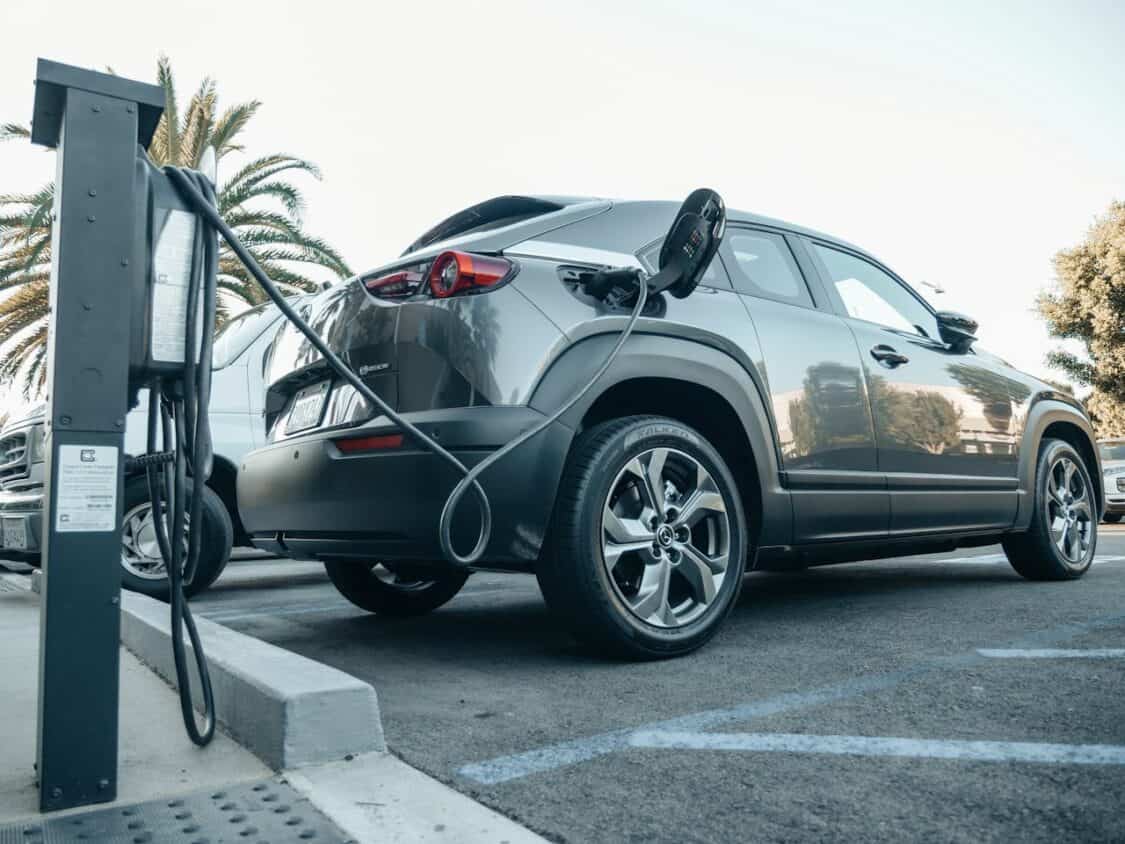
IUC is also seeing rapid growth in demand for its services, Broomhall said. “Partners like CBRE are really pushing it to grow,” he said. It also works with real estate services firm JLL.
The automakers are also pushing for EV ownership to grow, Broomhall said. His biggest concern, he said, is that infrastructure growth is not keeping up with the demand.
It is a bit of a chicken and egg conundrum. EV demand is needed for faster infrastructure buildout, and more infrastructure is needed for EV demand to grow.
But seeing global real estate services firms like CBRE and JLL form divisions to advise clients on EV infrastructure installation is a clear sign that EVs are here to stay, and in a big way.
ADVERTISEMENT

FEATURE IMAGE: MICHAEL FOUSERT
FTC: We use income-earning auto affiliate links. Learn more.


